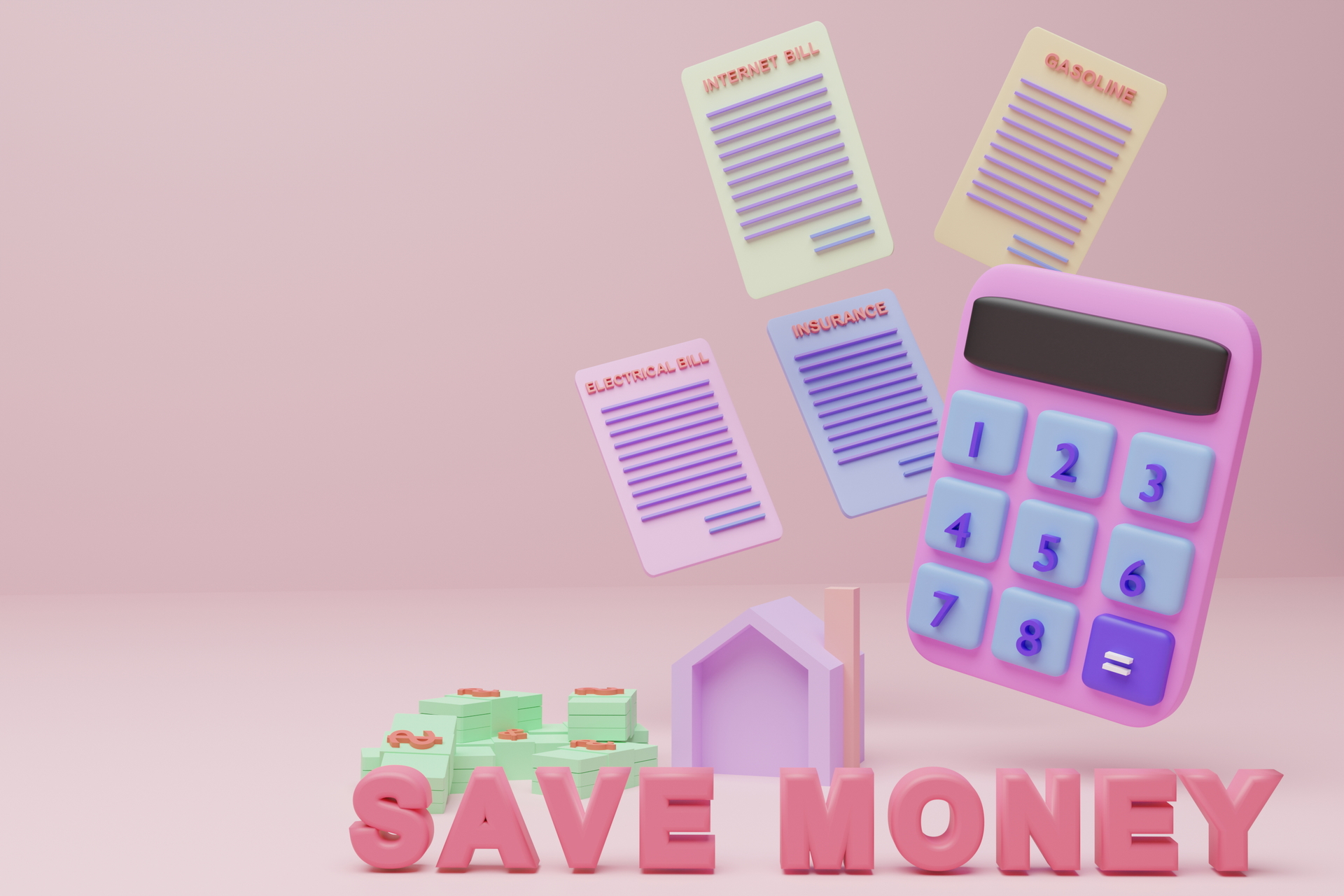The Minimalist Budget: Cutting Expenses and Simplifying Your Financial Life

Money is a powerful tool that, if not managed with care, can quickly complicate our lives. This is where the idea of a minimalist budget comes into play. A minimalist budget aims to simplify your financial life by eliminating unnecessary expenses, prioritizing savings, and fostering mindful spending habits.
Understanding the Minimalist Budget
A minimalist budget is an approach to personal finance that aligns with the minimalist philosophy of "less is more." The focus here is not on severe cost-cutting but rather on mindful spending and an emphasis on needs over wants. It's about simplifying your financial habits to achieve financial peace and freedom.
Steps to Creating a Minimalist Budget
Creating a minimalist budget involves more than just trimming expenses; it requires a paradigm shift in how you approach your finances. Here's how you can do it:
-
Evaluate Your Income and Expenses:
The first step is to have a clear understanding of your financial situation. Record all your income sources and list all expenses.
-
Differentiate Between Needs and Wants:
In a minimalist budget, it's crucial to differentiate between needs and wants. Needs are expenses that are essential for living, such as rent, groceries, and healthcare. Wants are things that enhance your life but aren't strictly necessary, such as dining out, entertainment, and luxury items.
-
Trim the Excess:
Look at your list of expenses and identify what you can eliminate. Perhaps you can cancel some subscriptions, eat out less, or reduce shopping sprees.
-
Set Clear Financial Goals:
A minimalist budget is not about deprivation; it's about aligning your spending with your values and goals. Set clear, actionable financial goals such as paying off debt, building an emergency fund, or saving for retirement.
-
Automate Your Finances:
Automation simplifies your financial life by ensuring that money goes where it's supposed to without manual intervention. Set up automatic transfers for savings, bill payments, and debt repayment.
Benefits of a Minimalist Budget
-
Greater Financial Control:
By trimming excess and focusing on essentials, a minimalist budget gives you more control over your financial life. You know exactly where your money goes and can make adjustments as needed.
-
Less Financial Stress:
A simplified budget means fewer bills, less debt, and less clutter in your financial life. This can significantly reduce financial stress and promote greater peace of mind.
-
Increased Savings and Financial Security:
By eliminating unnecessary expenses and prioritizing savings, a minimalist budget can boost your financial security.
-
Greater Focus on What Truly Matters:
A minimalist budget encourages conscious spending. By trimming away financial fat, you're left with the resources to spend on what truly brings value to your life.
Tips for Maintaining a Minimalist Budget
Maintaining a minimalist budget is a continuous process. Here are some tips to keep you on track:
-
Review and Adjust Regularly:
Your financial situation and priorities may change over time, and your budget should reflect this. Regularly review and adjust your budget as needed.
-
Resist Lifestyle Inflation:
As income increases, it's tempting to increase spending proportionately. Resist this temptation to maintain your minimalist budget.
-
Embrace Free and Low-cost Entertainment:
Minimalist budgeting doesn't mean a dull life. Seek out free or low-cost activities for entertainment.
-
Learn to DIY:
Save money by learning to do things yourself. This could range from home repairs to cooking meals at home.
Conclusion
A minimalist budget provides a structured and streamlined approach to managing your finances. It's a conscious effort to eliminate the non-essential, focus on what truly matters, and align your spending with your values.
Ultimately, adopting a minimalist budget doesn't just benefit your wallet; it can lead to a simplified life with less stress and more financial freedom. The fewer things you have to worry about, the more time and energy you can devote to what truly matters to you. In the end, isn't that what minimalism – and a fulfilling life – is all about?

